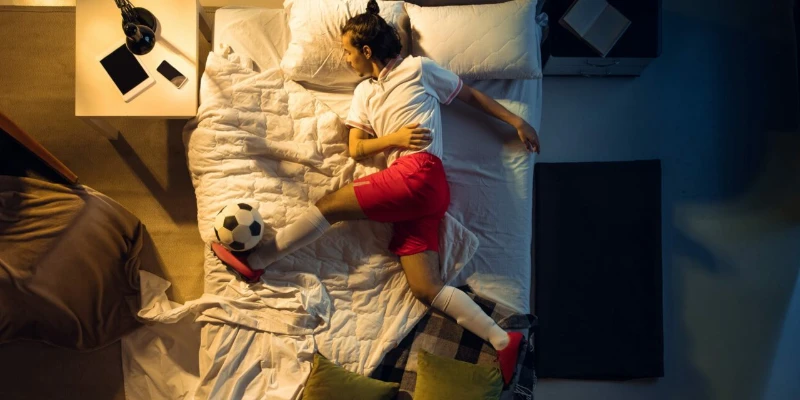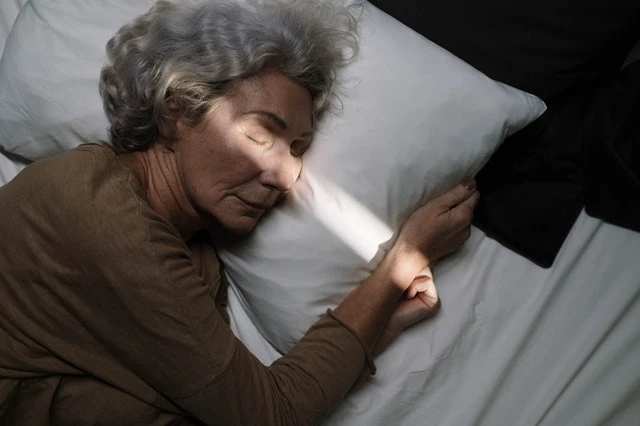
Advertisement
There may be several reasons why older adults can't sleep. Many sleep disorders can keep older adults from sleeping. If you think you may have a sleep problem, it's best to talk to your doctor or sleep specialist. The American Academy of Sleep Medicine has a useful tool to help you find a sleep center near you. Older adults are thought to need less sleep. Their bodies change in ways that make it harder for them to sleep well.
Obstructive sleep apnea

As the name suggests, Obstructive Sleep Apnea (OSA) is a sleep disorder characterized by breathing pauses, dyspnea, gasping, and snoring during sleep. Patients may also feel sleepy during the day. Aging affects sleep cycles because they are crucial for our body's self-maintenance. Sleep cycles must be balanced so that there is enough time for each stage of sleep so that our body can function normally. They must occur based on our day-night rhythm. Sleep can be disturbed by many factors, including aging, which is one of the biggest factors.
REM Sleep Behavior Disorder

It is caused by the temporary paralysis of the body's muscles during the REM stage of sleep, or REM sleep behavior disorder, or RBD. If the muscles of RBD patients were not temporarily paralyzed with this temporary muscle paralysis, they would become violent and physically anxious while dreaming. As a result, they do not have a normal sleep-wake cycle and may even injure themselves, especially if the dreams are full of aggression. REM sleep behavior disorder affects more older men than women, and symptoms usually include intense dream content. It is important to get the right diagnosis, as there can be serious consequences. Several neurological diseases are more highly correlated with RBD risk, including Parkinson's disease and multiple sclerosis. A condition called idiopathic RBD can also occur in patients without a diagnosis of a neurological disease.
Changing the light level

Research has found that changes in light levels may mean older adults' sleep is not so peaceful. During the final 14 days of the study, we assessed participants' daily activity levels, cognitive expression, and light and dark. We also provided participants with questionnaires and measures of overall health, fatigue, and depression. Participants were also interviewed one-on-one. A recent study explored the effects of dynamic lighting on rest activity, sleep quality, and cognitive performance in elderly home residents. Within five weeks, participants received either normal lighting or day-night rhythm lighting. Over the course of the study, participants wore wrist accelerometers to monitor their rest activity and light exposure. Compared to traditional lighting, study participants reported fewer depressive symptoms and shorter rest activity times.
Drug side effects

A recent survey revealed that nearly one-third of older adults are sleep deprived. Good sleep is important to prevent disease, maintain a healthy weight, and enhance learning ability. According to poll leader Preeti Malawi, nearly one-third of older adults take sleeping pills regularly. However, these medications can have many side effects. Time to limit fast eye movement sleep can have a negative impact, as this is important for healthy memory. Sleeping pills can reduce REM sleep, which is crucial for healthy memory. If a patient has this disease, it can be difficult to identify REM sleep, so it is important to prescribe the medication for this specific sleep stage.




